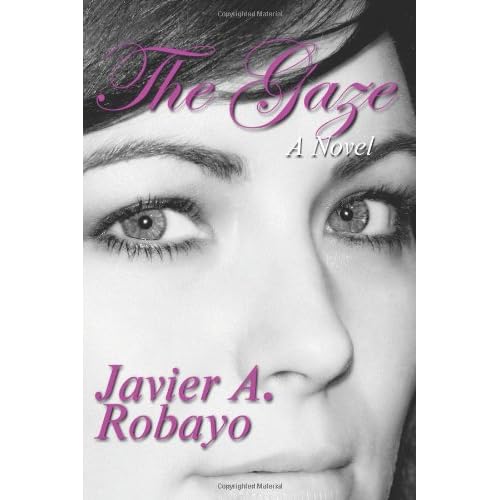Think you're ready to self-publish your book? You may have checked all the punctuation and proofread all the grammar and done all the careful converting...that doesn't mean you're ready. Maybe you've got a great cover and a winning blurb, a fantastic trailer and an amazing marketing game plan. And I say you're still not ready. You're not ready to self-publish until you're tough enough to take it.
Are you?
Sticks and Stones...
"Good God, I can't publish this!"
One publisher wrote these words in a rejection letter sent to William Faulkner, celebrated novelist and frequent Jeopardy answer. Some rejection letters aren't even this nice.
"The author of this book is beyond psychiatric help." This was in a letter sent to J.G. Ballard, author of Empire of the Sun and one of the Times Greatest 50 British Writers Since 1945.
Here's the rub: neither of those authors self-published. If you think rejection letters are bad, wait until you get some reviews from your fellow indies.
When you self-publish, you're putting yourself out there. That means that you're making yourself vulnerable. And there are going to be times when you honestly feel like you're being abused for doing so. If you're playing the game correctly, you're going to get negative reviews. There's an old saying that says you can't please all of the people all of the time. When you're an indie author, you're going to have days where you feel like you can't please anyone.
And it's going to hurt.
You're Rubber, and I'm Glue
"Obvious, saccharine mockery of a novel."
"I advise and suggest that nobody dare pick up this book. You may die of boredom."
"It's not even good. The characters are black and white two-dimensional cardboard cutouts."
"I could not say I was entertained in the least bit."
"It sucked."
These are not reviews that have been given to me (whew!) or, in fact, any other indie author. These quotes are taken directly from Amazon reviews of To Kill a Mockingbird, voted by the Huffington Post as the best novel ever written. Harper Lee won a Pultizer for it, and the AFI has lauded the film version of it as one of the best movies of all-time.
So maybe Harper Lee, if the author was still around today, would find it easy to laugh off reviews like the ones I've quoted above. When you're an indie and you don't have a bunch of accolades to soften the blow, comments like these can be incredibly traumatic.
Unless you toughen yourself up. Because it's likely that if you stick around long enough, you're going to see comments like this attached to your book -- if you're lucky. Always remember that all bad comments are really good comments. Why? Because someone ready your bloody book, that's why! Not only did they read it, they took the time to comment on it.
That should always make you feel good. Forget about what's being said, for a minute, and think back to the days when no one ever read what you had to write. When you were sitting at your keyboard plugging away, and nobody ever re-tweeted your book announcements or asked you about your next project. When no one ever bought your books, because they didn't exist.
Even Pulitzer prize-winning authors can be mocked, ridiculed and viciously slammed on the Internet. Here's the big secret: they already got ridiculed and mocked well before someone logged onto Amazon to write about it. Didn't the rejection letters I quoted prove anything? Agents and publishers can be nasty, too, and everyone's got friends and family members who are going to tell you the truth...no matter what.
When you put yourself out there, you are going to get hit. Sometimes the people may throw roses at your feet, and cry out that your writing is wonderful. But sometimes, they're going to throw rotten eggs. If your ego is wounded and your tears fall every single time an egg gets tossed your way, it's time to toughen up.
If you've read anything in my From the Trenches features, you know that some authors have to battle for years and years before becoming published. Those years absolutely aren't criticism-free. One famous writer has an entire room full of rejection letters -- in the museum that's now dedicated to his honor. Every one of those letters probably stung, every one of them was a defeat. Some authors stay tough and keep going.
And that's what you're going to have to do, too. Remember that every review and every criticism helps you. No matter how much those words hurt, they're wonderful. More than knowing what you're doing right, it's important to know what you're doing wrong -- at least, as far as some readers are concerned. How else are you going to improve and perfect your craft? How else are you going to win over more readers?
So toughen up, and tuck in. Welcome criticism with open arms. The more of it you take in, the stronger your writing is going to become. I promise, you'll be better for it.
























